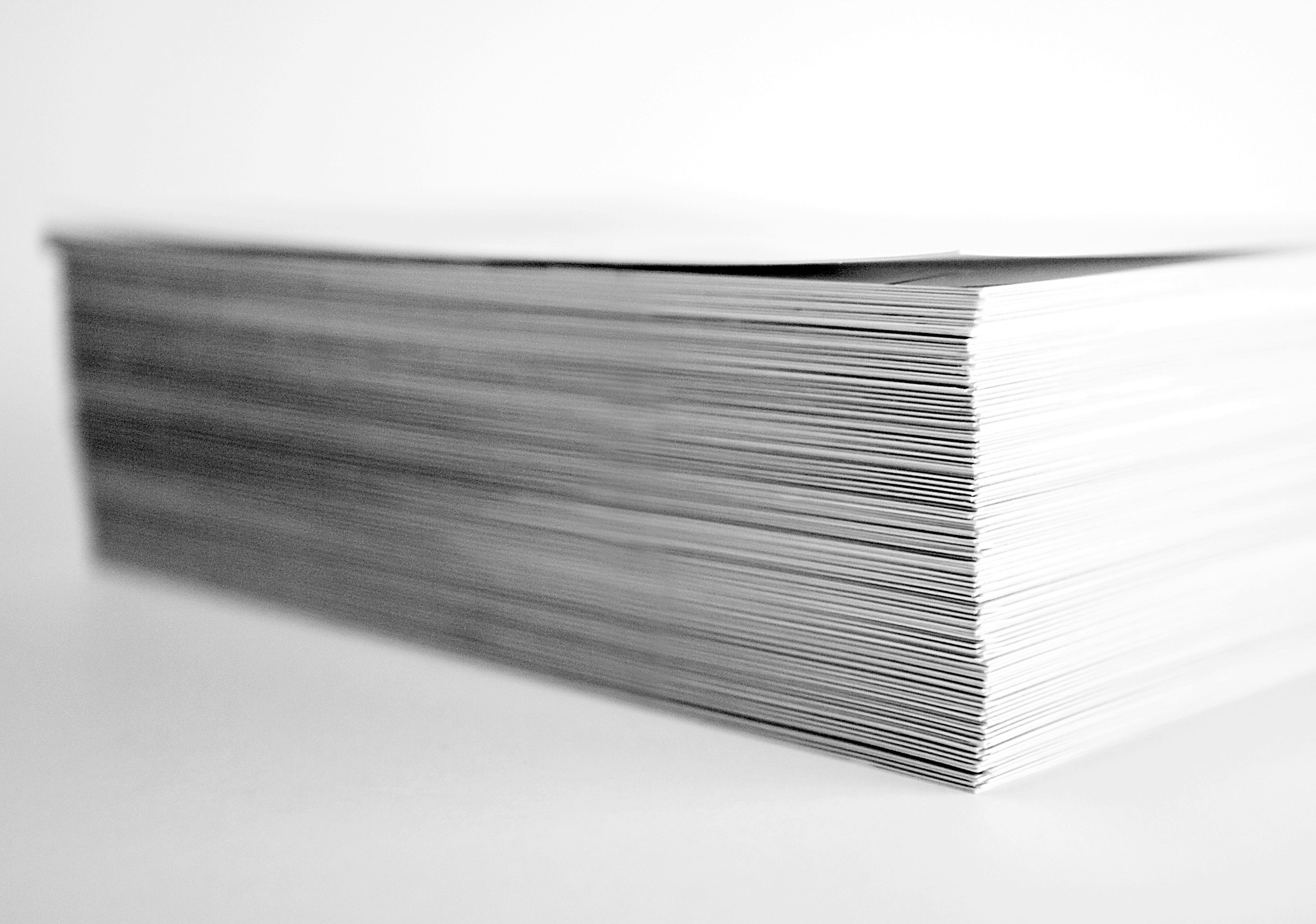If you struggle to do everything perfectly, if you labour over the last tiny detail of every little thing, if you are afraid to ever show your work to anyone before it has reached complete perfection, you might be a perfectionist.
There’s good news for you, though: help is available. Once you realize that you can still pursue excellence without being a perfectionist, and you give yourself permission to embrace the imperfection that comes with making progress, you can take your next step on the path to recovery: increase production, on a deadline.
Perfectionism is a burden, but it’s also a privilege. If you have an entire essay to write in the next 8 hours, labouring over comma placement in one sentence becomes a privilege you no longer have. If your manager expects 10 reports on his desk by Monday morning, you don’t have the luxury of hours spent formatting margins within 1/8 inch.
The more you have to do, in a smaller amount of time, the less room there is for holding on to every last detail.
Popular fiction writer Ann Pachett recounts how writing large quantities of magazine articles for 8 years forced her to lighten her grip: “For every ten story ideas I came up with…I would be given the green light to write one of them…and for every ten I was allowed to write, maybe one would actually make its way into the magazine. [Writing for] Seventeen also went a long way to beat any ego out of me. Somewhere along the line I learned to experience only the smallest, most private stabbing sensation when I watched my best sentences cut from an article because they did not advance the story.”
Pachett’s honesty cuts straight to the heart of the burden of perfectionism: it’s tied to our egos. We see our work as a reflection of ourselves, and we are far too proud to produce anything less than perfect.
But being forced to produce a lot of work in a short amount of time forces us to let go of that egocentric disposition — or at least, to loosen our hold on it.
The upside to surrendering our egos is that producing more work is shown to actually produce better work.
There’s a story of a ceramics teacher who divided his class in half at the beginning of the semester, telling them that half would be marked on a single piece of work and the other half on how many pieces they produced. The ones who had to create more pieces actually ended up making better pieces.
Turns out, quantity over quality can actually produce more quality.
It’s not a hard-and-fast rule to getting perfect outcomes; but high-quantity work is one sure step towards becoming a recovering perfectionist.






